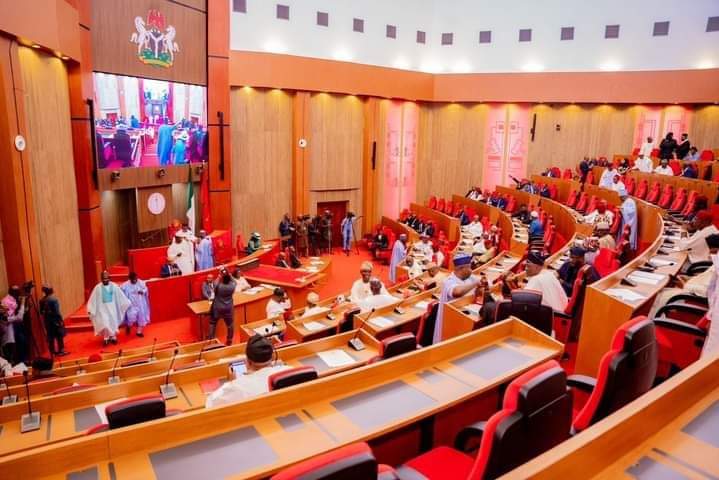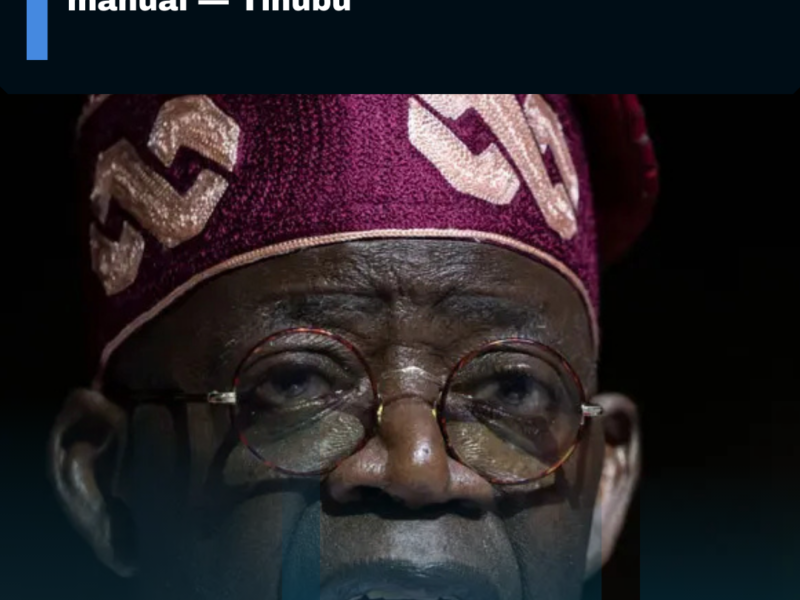The US Senate’s narrative characterizing Nigeria’s security issues as a “genocide against Christians” or state-sponsored persecution has been rejected by the country’s House of Representatives.
The action follows US lawmaker Riley Moore’s request for Secretary of State Marco Rubio to act diplomatically immediately in response to what he called the “systematic persecution and slaughter of Christians” in Nigeria, the worst country in the world for Christians.
Moore demanded in his statement on October 6 that Nigeria be reclassified as a Country of Particular Concern (CPC) and that arms supplies be halted until the Nigerian government shows a “tangible commitment” to putting a stop to the bloodshed.
In a motion presented by Deputy Speaker Benjamin Kalu and supported by all members of the House, lawmakers dismissed the narrative and directed the relevant committees to, within 21 days, collaborate with the Minister of Foreign Affairs, the Nigerian Embassy in Washington D.C., and security agencies to file a formal diplomatic protest against the sponsors of the resolution.
Aired on Wednesday on the National Assembly TV, Nigeria, Kalu said the motion, titled “Need for a Coordinated Diplomatic and Domestic Response to the Proposed Nigerian Religious Freedom Accountability Act of 2025 (U.S. Senate Bill 2747),” was necessary to counter “the mischaracterisation of Nigeria’s security and religious freedom landscape.”
“The House rejects outrightly narratives that frame Nigeria’s security crisis as a singularly religious conflict or a state-sponsored persecution,” he added.
“Our Constitution guarantees freedom of thought, conscience, and religion and bars the adoption of a state religion. Successive administrations, security agencies, and faith leaders have undertaken measures to protect all worshippers and prosecute offenders.’
The Deputy Speaker explained that the U.S. Senate Bill 2747, introduced on September 9, 2025, seeks to compel the U.S. Secretary of State to designate Nigeria as a “Country of Particular Concern” (CPC) and impose sanctions on Nigerian officials under the Global Magnitsky framework.
Kalu warned that such a move, based on “incomplete or decontextualised assessments,” could misrepresent facts, strain diplomatic relations, and embolden violent actors.
“Insecurity in Nigeria is complex and multi-causal. It is driven by insurgency, criminal banditry, farmer-herder conflicts, separatist violence, and communal disputes that affect citizens of all faiths. International reporting attributes a significant share of fatalities to terrorist groups and criminal gangs, rather than to state policy or any single religious dynamic,” he said.
He emphasised that Nigeria remains committed to protecting religious freedom and upholding human rights, noting that both Christian and Muslim communities have suffered from violence.
“We condemn all forms of violence and persecution against any person or group on the basis of religion or belief and commiserate with all victims, irrespective of faith,” Kalu said.
The House, while reaffirming Nigeria’s “longstanding partnership with the United States as an ally,” stressed that the country’s sovereignty must be respected.
He said, “We are mindful of Nigeria’s longstanding partnership with the United States, especially on counterterrorism, human rights, democratic governance, and interfaith dialogue. However, external legislative actions that misrepresent our situation risk undermining that partnership.”
To address the issue, the House mandated its committee on Foreign Affairs, National Security and Intelligence, Information, and National Orientation to coordinate with the Ministry of Foreign Affairs, the Nigerian Embassy in Washington D.C., and other relevant agencies to submit a formal diplomatic protest to the sponsors of the U.S. bill within 21 days.
It also urged engagement with U.S. legislators to establish a joint Nigeria-U.S. fact-finding mechanism on religious freedom, involving faith leaders and independent experts, and to invite the U.S. Commission on International Religious Freedom (USCIRF) to a hearing before the House.
Furthermore, the House directed the National Human Rights Commission, Police, and Department of State Services to submit, within 30 days, a consolidated report on investigations and prosecutions related to religion-linked violence since 2023 to confirm that “there is no state-sponsored persecution based on religion.”
The resolution will be transmitted to the Presidency, the Ministry of Foreign Affairs, the U.S. Congress, the State Department, the African Union, and ECOWAS.


